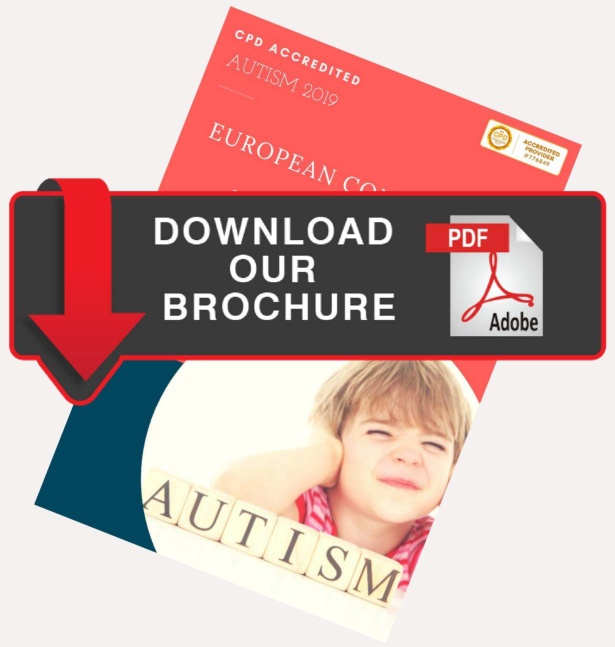
Jennifer Palmiotto
Alliant International University, USA
Title: A qualitative content analysis of parent-child interactions in autism within RDI
Biography
Biography: Jennifer Palmiotto
Abstract
This study aimed to improve understanding of interactions between parent-child with autism within two domains central to autism; intersubjectivity and social regulation. In this qualitative study, the researcher examined the Relationship Development Assessment-Adapted (RDA-RV) Coding Scales, a novel observational measure used to assess the quality of interactions between parent and child with autism, within the context of Relationship Development Intervention (RDI) treatment and pretreatment. The researcher used qualitative content analysis to describe each of the subcategories of the RDA-RV Coding Scales within the two main categories--Intersubjective Engagement States and Interactive Regulation States. Eleven parent-child dyads participated by providing short video recordings of parent-child interactions in RDI guiding engagements and a pretreatment video. With review of textual transcriptions and video, the researcher’s findings included three themes that were tracked in each of the four predetermined subcategories of the Intersubjective Engagement States. The themes found were: (a) quality of affective connection/relatedness, (b) quality of communication, and (c) quality of gaze. In addition, within the four predetermined subcategories of Interactive Regulation States, three unique themes emerged: (a) quality of monitoring and aligning (b) dynamic-ness (c) complexity of the share endeavor. The researcher deconstructed each theme into subthemes distinguishing each subcategory as a different and distinct levels of interaction that also related to the respective main category. The researcher formulated the findings into a codebook to increase clinical and research utility of the RDA-RV Coding Scales. The results may directly influence the assessment and ongoing treatment of developmental-relational approaches, namely RDI, by increasing the usability of the RDA-RV Coding Scales.

